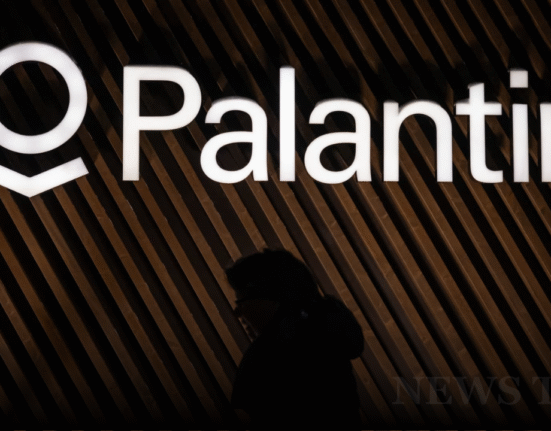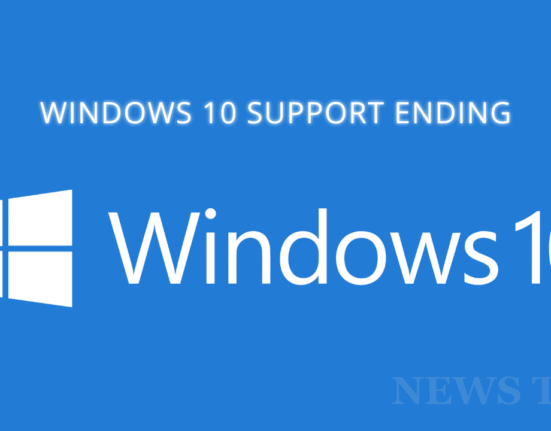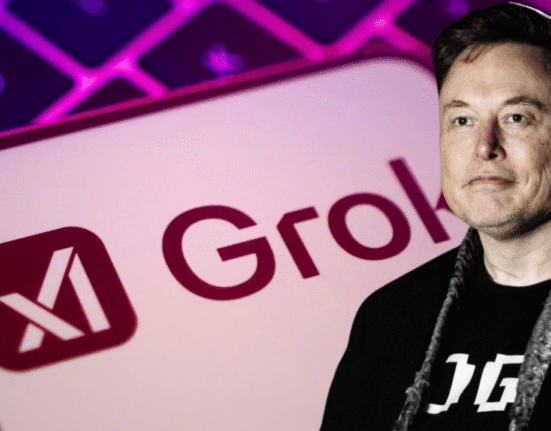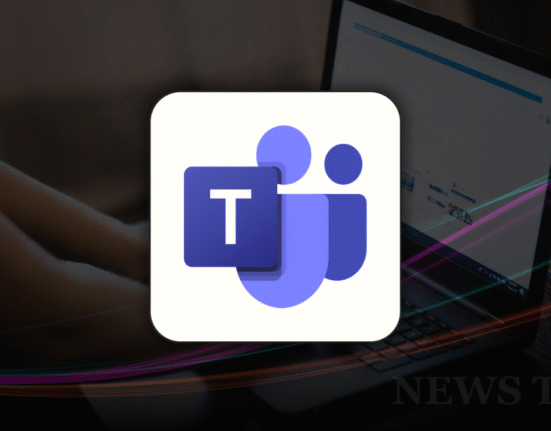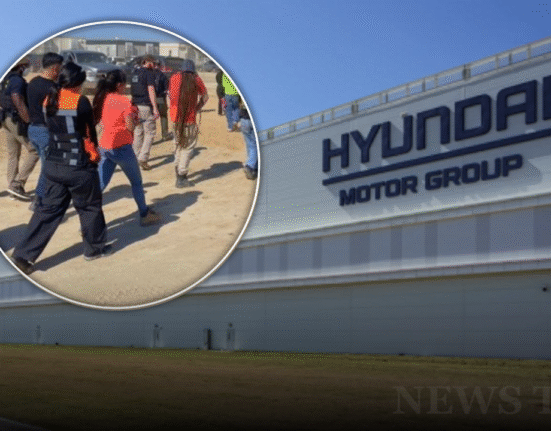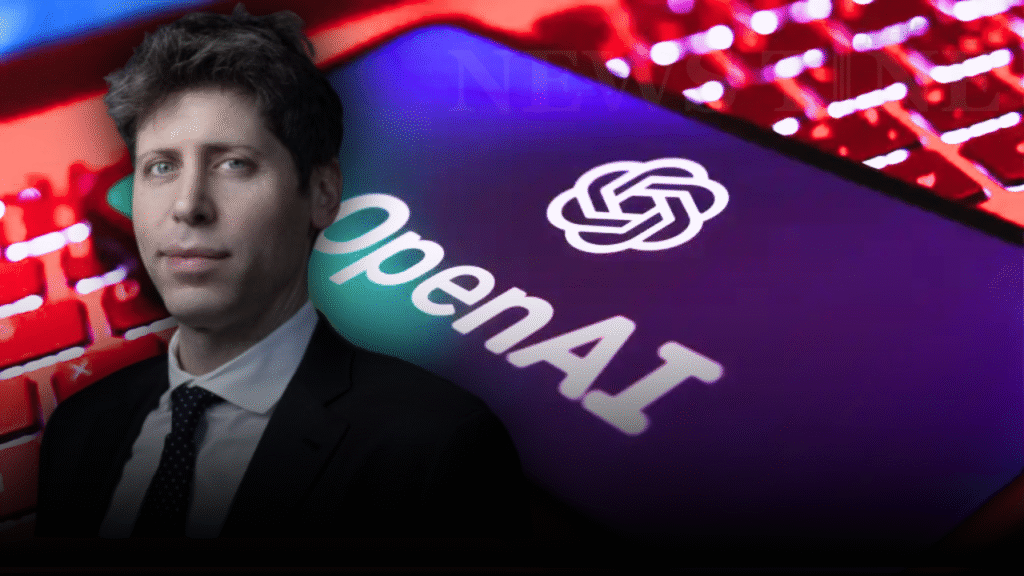
When the maker of ChatGPT itself says investing in OpenAI is high risk, people listen. In a candid disclosure on its website, the company admitted that investors may lose their entire capital or see no returns at all in a post-AGI world. For a firm valued at $300 billion and still raising billions in funding, this is no small warning. So, what does this really mean for investors, the AI industry, and the future of artificial intelligence? Let’s break it down.
1.OpenAI’s Risk Disclosure Shocks Investors
OpenAI recently posted a stark disclaimer:
- “Investing in OpenAI Global, LLC is a high-risk investment.”
- “Investors could lose their capital contribution and not see any return.”
- “It may be difficult to know what role money will play in a post-AGI world.”
The honesty is refreshing, but it also reveals just how uncertain the AI frontier really is. Unlike traditional tech bets, this isn’t about whether a product sells—it’s about whether humanity reaches Artificial General Intelligence (AGI), a stage that no one can accurately predict.
2. Sam Altman’s Bubble Warning
CEO Sam Altman hasn’t exactly been reassuring, either. Speaking to reporters, he admitted:
“Are we in a phase where investors as a whole are overexcited about AI? My opinion is yes.”
Altman even told CNBC that foundation models may already have peaked:
- “The models have already saturated the chat use case.”
- “They’re not going to get much better… And maybe they’re going to get worse.”
That’s a sobering take from the man steering the AI ship.
3. Big Money Still Flows In
Despite the risks, the money hasn’t stopped:
- SoftBank recently invested $40 billion, valuing OpenAI at $300 billion.
- Employees are reportedly preparing to sell $6 billion worth of shares at a $500 billion valuation.
This mix of high valuations and stark warnings suggests that AI may be following the classic tech bubble playbook: rapid growth, sky-high valuations, and looming uncertainty.
4. What Is AGI, and Why Does It Matter?
AGI, or Artificial General Intelligence, is the hypothetical point when AI can perform any intellectual task as well as a human—or better.
But here’s the catch:
- There’s no agreed definition of AGI.
- Experts disagree wildly on timelines.
- Google DeepMind CEO Demis Hassabis: 5–10 years away.
- Anthropic CEO Dario Amodei: possible by 2026.
- Others argue it may never truly arrive.
If AGI changes everything about how money and work function, OpenAI’s warning about “the role of money” makes more sense.
5. Should Investors Be Worried?
In short: yes, but context matters.
- Traditional tech risk: Products flop, stock drops, investors move on.
- AI risk: Entire business models may become irrelevant if AGI redefines value itself.
If you’re investing in AI, it’s less about short-term returns and more about betting on an uncertain future. As one analyst put it: “This is venture capital on steroids.”
The fact that OpenAI itself says investing in OpenAI is high risk should give anyone pause. Between bubble warnings, AGI uncertainty, and trillion-dollar valuations, this is not your average tech play.


